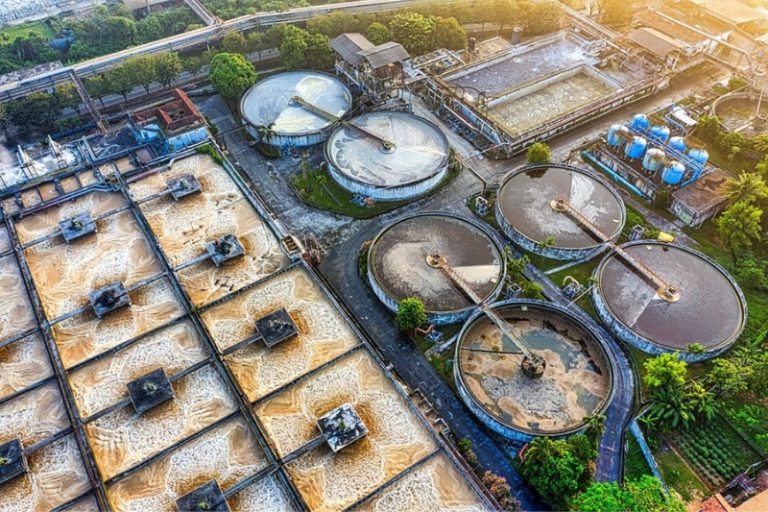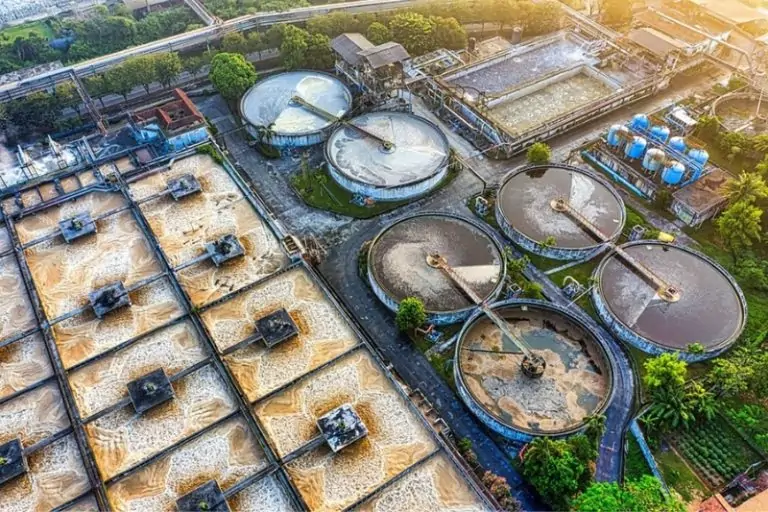

construction underway for africas largest desalination plant in morocco
Facing recurring periods of drought, the kingdom is turning to seawater desalination technology. Casablanca has initiated the construction of the largest plant on the continent.
The objective is to produce 300 cubic meters of drinking water per year, addressing the water needs of the population and the agro-food industry.
The desalination plant in the economic capital, Casablanca, will be responsible for supplying water to the region’s largest city, relieving pressure on traditional water sources, which will be reserved for agriculture and livestock in the future.
It is expected to enter its production phase by 2027.
With water stress, dams at critically low storage levels, saturated aquifers, and an anticipated increase in average temperatures of 1.3 degrees Celsius by 2050, Morocco, heading towards its sixth consecutive year of drought, is now accelerating the implementation of its National Program for Drinking Water Supply and Irrigation (PNAEPI) for the 2020-2027 period.
Desalination plants have become a top priority for the country.
In addition to the Casablanca plant, 15 other plants will be constructed by 2030, according to the Minister of Equipment and Water.
The construction of the Casablanca infrastructure is financed by a consortium led by the Spanish company Acciona and two Moroccan companies under the leadership of Prime Minister Aziz Akhannouch.
The U.S.-based driver training company Zutobi analyzed road safety worldwide and found South Africa stays last in driving danger since…
The Basketball Africa League (BAL) returns for its 2025 season with exciting changes and developments. Since 2019 the NBA-linked basketball…
The Somali president supports their military forces to eliminate the threats from Al-Shabaab, ISIS, and Al-Qaeda. The Somali National Army…
UAE President Sheikh Mohamed bin Zayed Al Nahyan held talks with President Faustin Archange Touadéra of the Central African Republic…
African football teams struggle intensely in the World Cup Qualification rounds to earn their place on the international football stage.…
The journey toward the 2026 FIFA World Cup is rapidly intensifying for all African teams, who now hold a historical…
This website uses cookies.